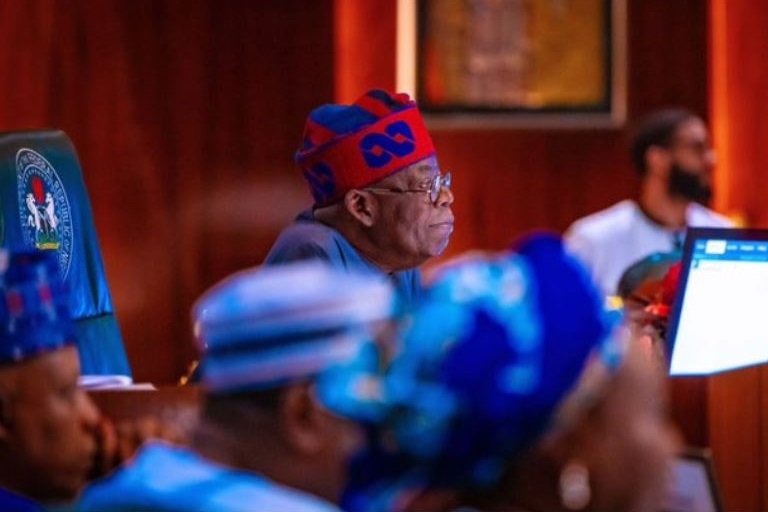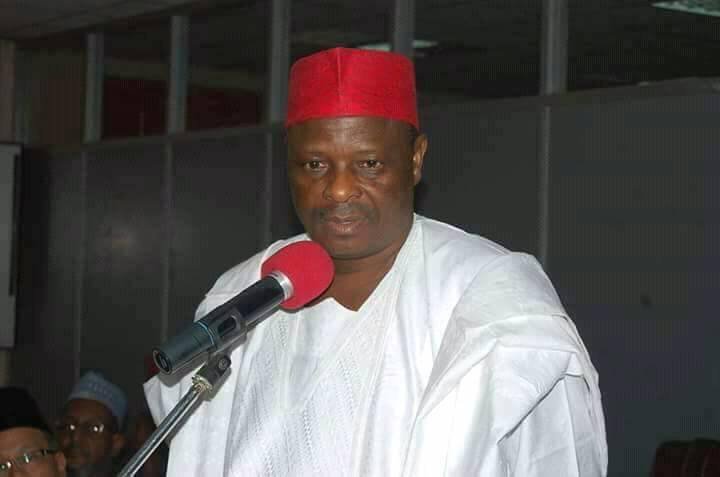President Bola Tinubu of Nigeria has overseen the Federal Executive Council to approve the African Development Bank’s (AfDB) $1 billion concessionary loan to support financing the budget and improve foreign exchange supply.
Olawale Edun, Nigeria’s Finance Minister disclosed this on Monday after the weekly cabinet meeting.
The AfDB loan which comes with an interest rate of 4.2% over 25 years with an eight-year moratorium is one of the many loans taken by the Tinubu administration since the President was sworn-in on May 29, 2023.
“(Federal Executive Council) approved a $1 billion concessionary loan for general budget support and to be used to improve forex availability in the country,” Edun told reporters after the cabinet meeting.
He noted that “The $1 billion loan from AfDB is a budget support fund for ongoing economic reforms. It is to support government programs in the power sector, social inclusion and the fiscal policy reforms as a whole sector policy initiative.”

The cabinet approved a limit of 2 trillion naira for use to refinance expensive government debt and save on debt servicing costs, Edun said. Nigeria has been spending the bulk of its revenue on debt service due to low tax collection.
“The view is that there will be an opportunity to save about 50 billion naira or more in debt servicing over time by giving back expensive debt, refinancing it with cheaper funding,” Edun said.
Tinubu is trying to rebuild Nigeria’s economy and attract investors to revive growth, which has been sluggish for almost a decade, tackle a high debt burden, and lower double-digit inflation.
The cabinet also revised the 2024 budget increasing it by 1.5 trillion naira to 27.5 trillion naira, after increasing the oil price benchmark and lowering the naira exchange rate assumption.











